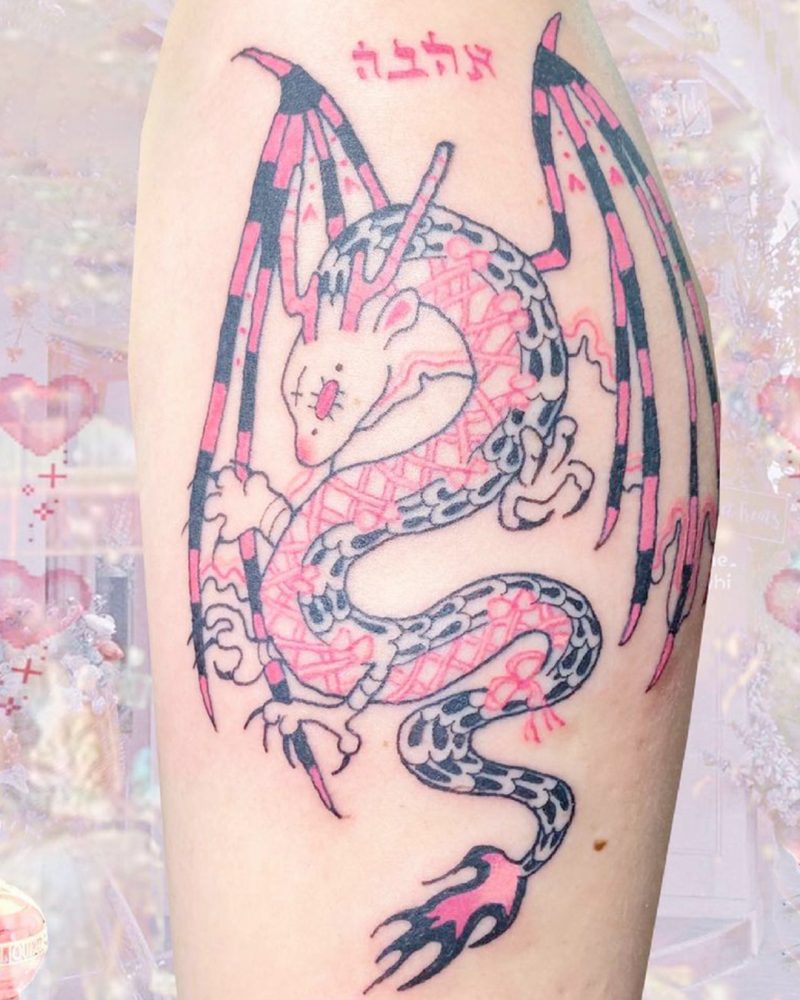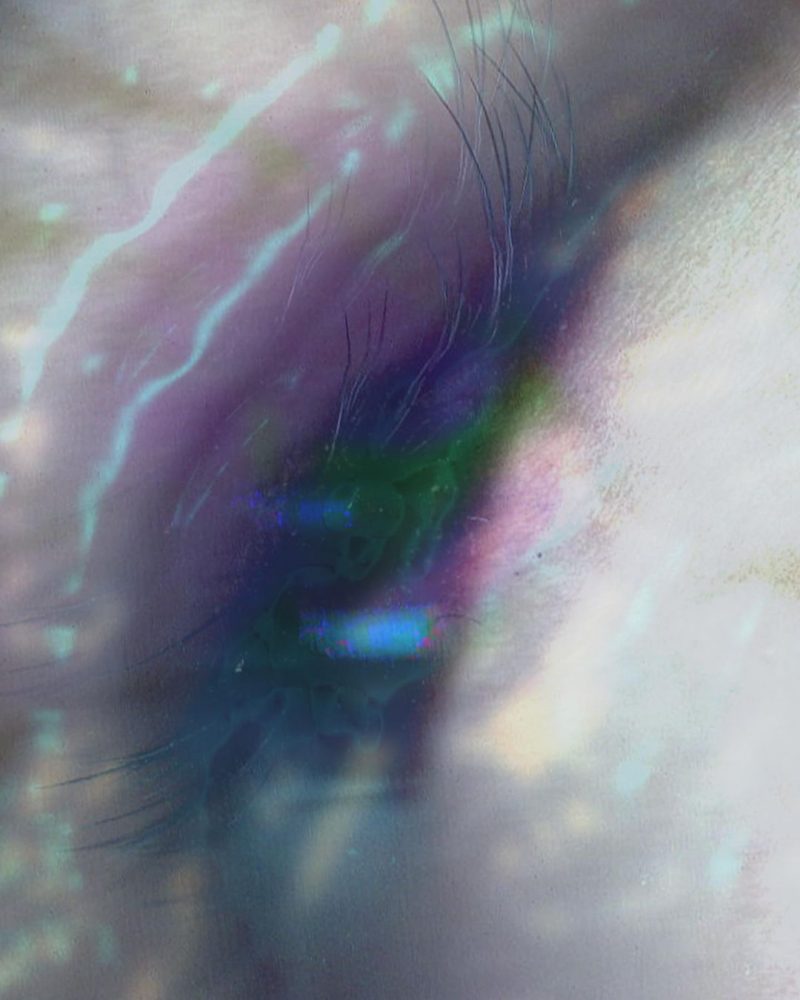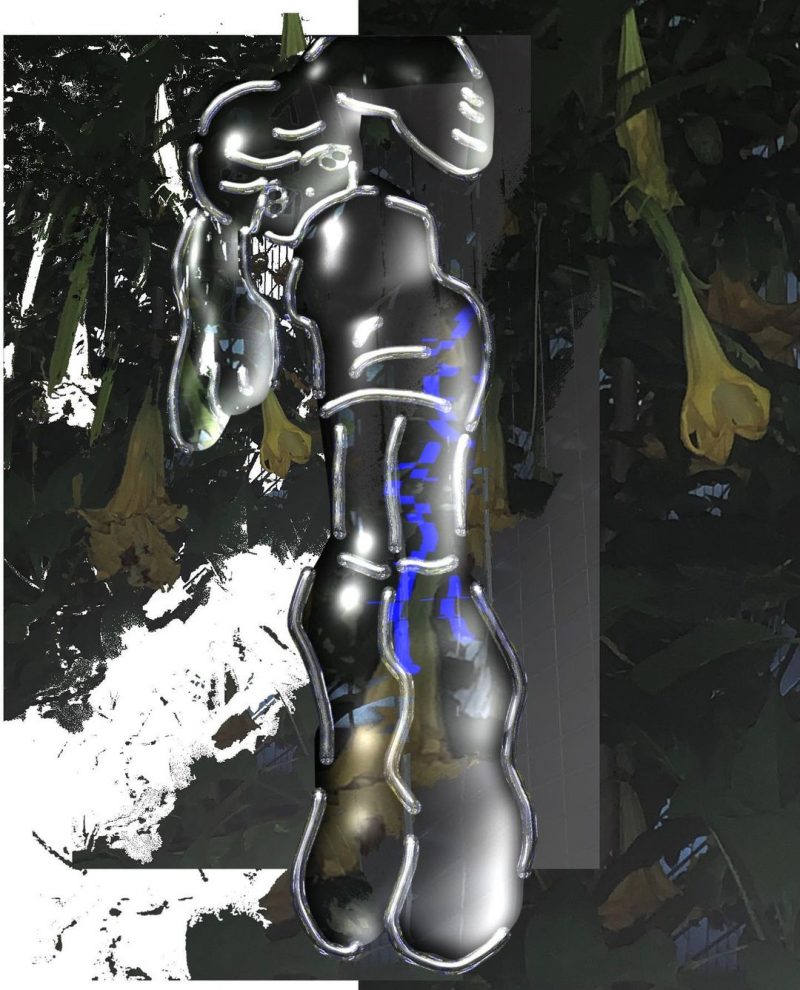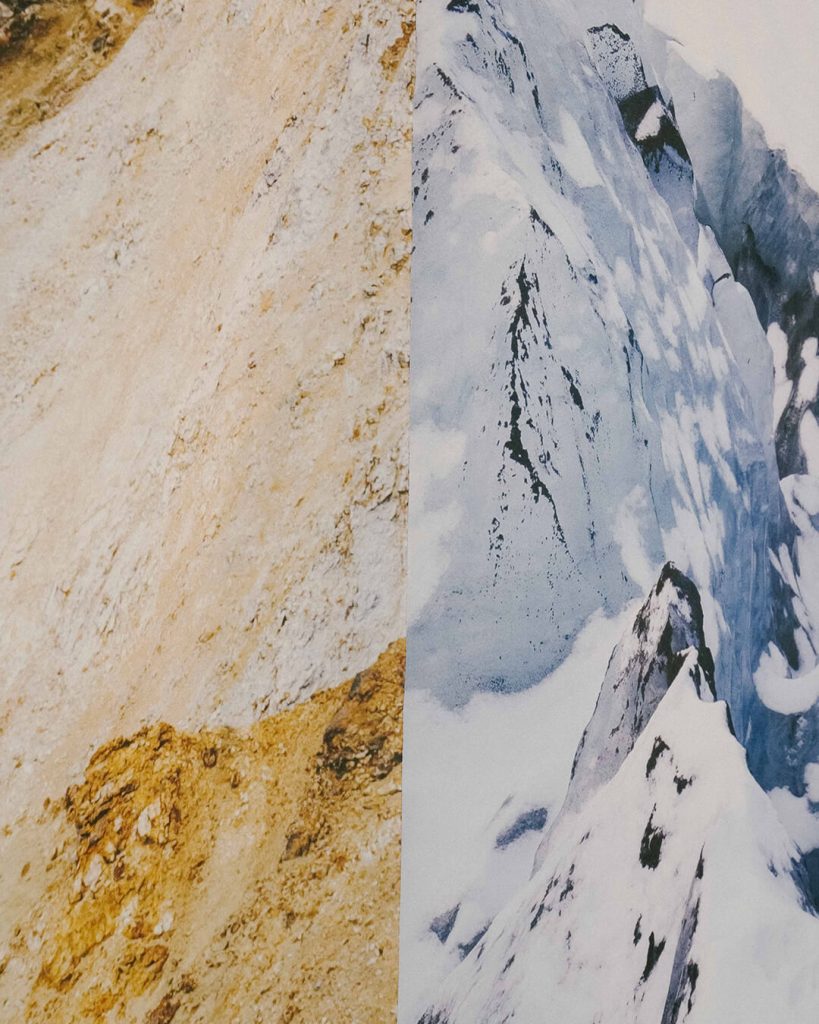
French photographer Timothée Lambrecq (@moussti) is one of those people who, being guided by their intuition and not so much by reason, end up living in places where they feel at home, but far from home. In Timo’s case, those places have been Iceland and Japan.
In both countries, Timo has photographed landscapes, raves, artists, architecture, clubs, and citizens for years, in an effort to find out why two places so geographically and culturally distant aroused the same feelings in him. The project Heikō / Heild has been his way to find the answer.
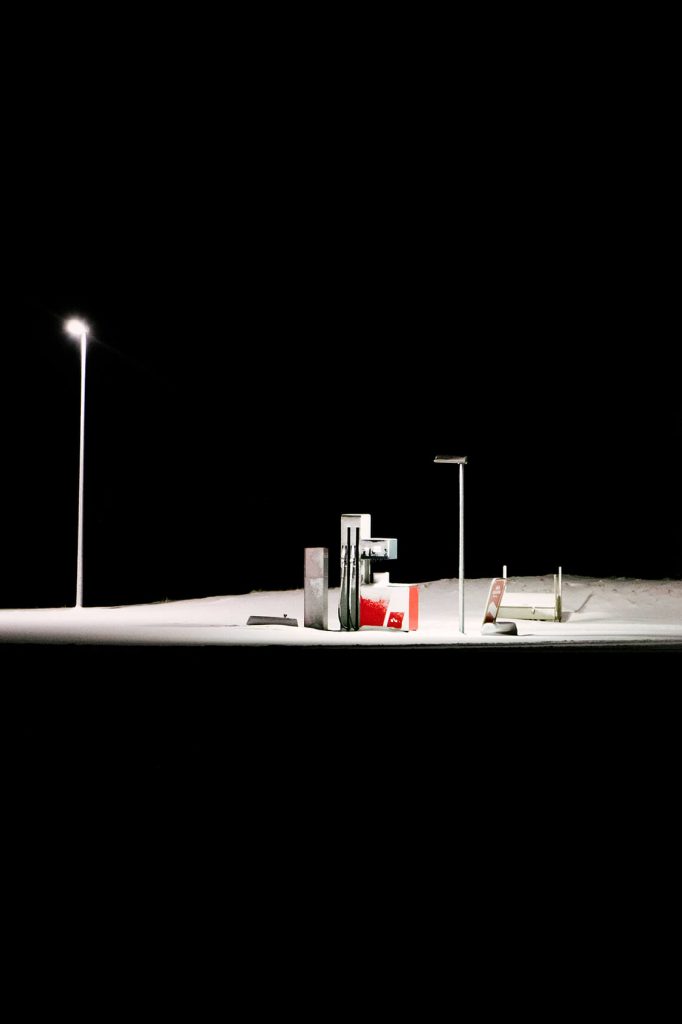
In Heikō / Heild, Timothée Lambrecq makes connections between the nature, culture, and people of Iceland and Japan, from the most mundane to the most sublime. The project makes it clear that Timo is a lucky guy: he has been to incredible places and parties with fascinating people. However, the focus of his photos has a documentary purity that, instead of making us jealous as they would if they were on the Instagram of any influencer, they give us the feeling of being part of the moment.

After being hospitalized in Japan for an accident for several months, an experience that made him learn to value time and patience, the artist culminates his journey of exterior and interior exploration with this project that he presents for the first time at the Tiers Gallery (@tiersgallery) in Omotesando, Tokyo. Heikō / Heild is also a photo book which final objective is, as stated on the cover, “to create tangible connections based on intangible feelings”.
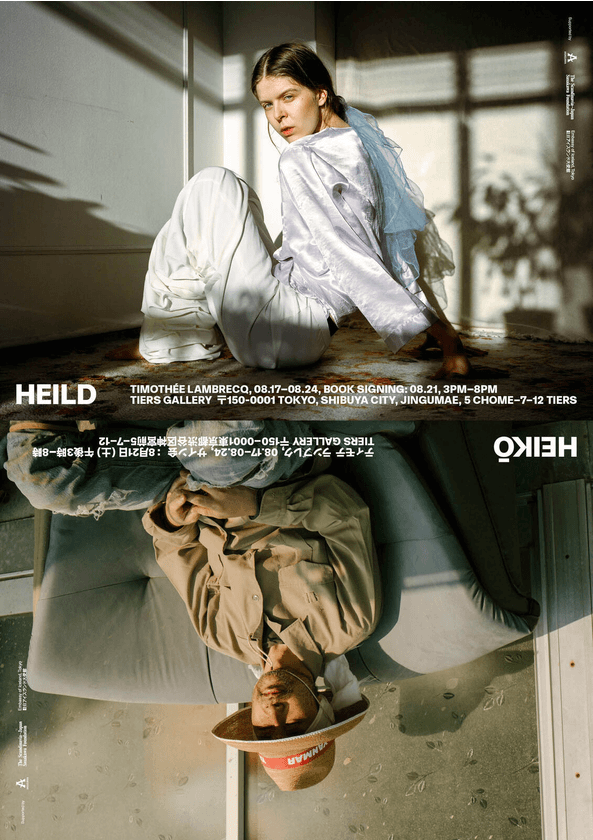
Chorareii: Let’s start with the name and the concept behind the expo. What does “Heikō / Heild” mean?
Timo: “Heikō” is a Japanese word that can mean “balance,” “equilibrium”, or also “parallel,” depending on what kanji is used to write it. “Heild” in Icelandic means “whole.”
These words describe my point of view about both countries, their urban intensity and creativity, and their powerful and peaceful nature.
My friends and collaborators Jófríður Ákadóttir (@j0fridur) and Saki Yamada (@saskiatokyo) helped me finding these words, as I can’t speak the languages.
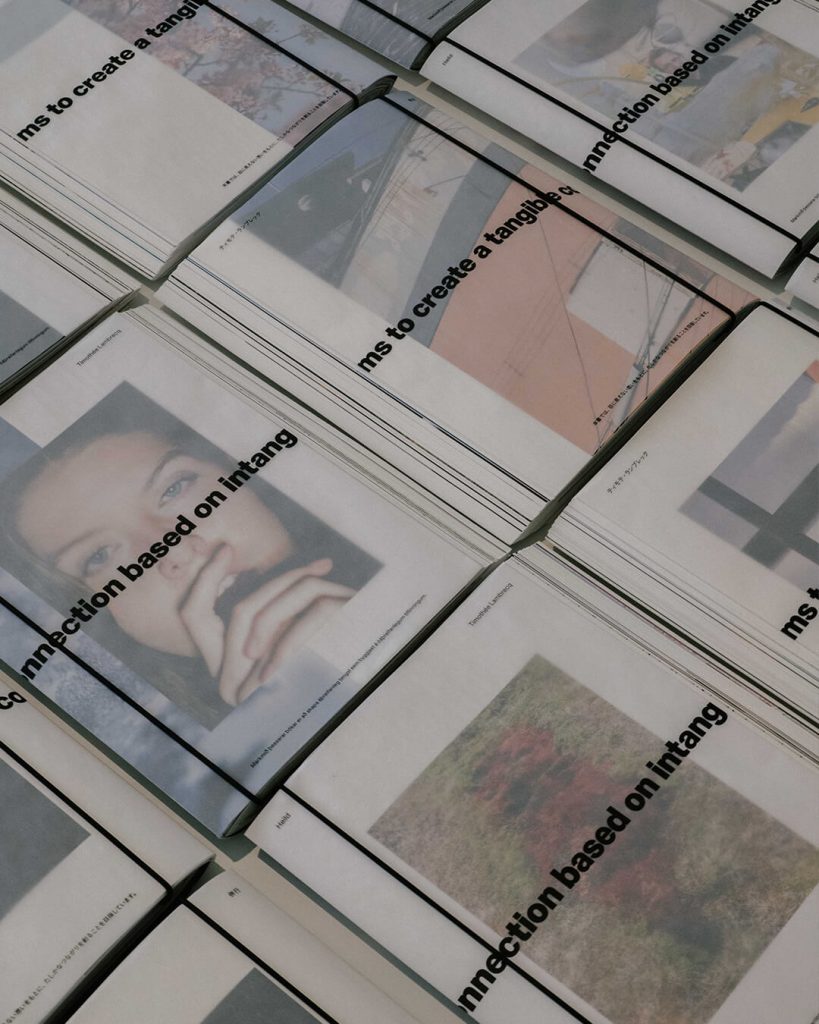
You have lived in both Iceland and Japan, why did you decide to connect the two countries through your photography?
On my first trip to Japan, I felt the exact same way I felt on my first trip to Iceland. The feeling was so strong that I started to think about the reasons behind it. Are there any similarities in landscapes, people, culture? I decided to explore through my photography, trying to understand that connection.
Of course, as both are volcanic islands, there are similarities in the landscapes. However, there is much more, something I can’t put in words. The exhibition and the book are the best way to express it.

You have been working on this project for years. What has been that creative journey?
This project is the journey of my life for the last five or six years. I have met so many amazing people, I have been to astonishing places … I managed to put that long-term documentation in something that makes sense, that gave me an amazing feeling.
Receiving support from official institutions such as The Scandinavia – Japan Sasakawa Foundation or the Japan Embassy of Iceland was quite surprising and very motivating as well. The same goes for people I have met and who have supported me and collaborated in the project.
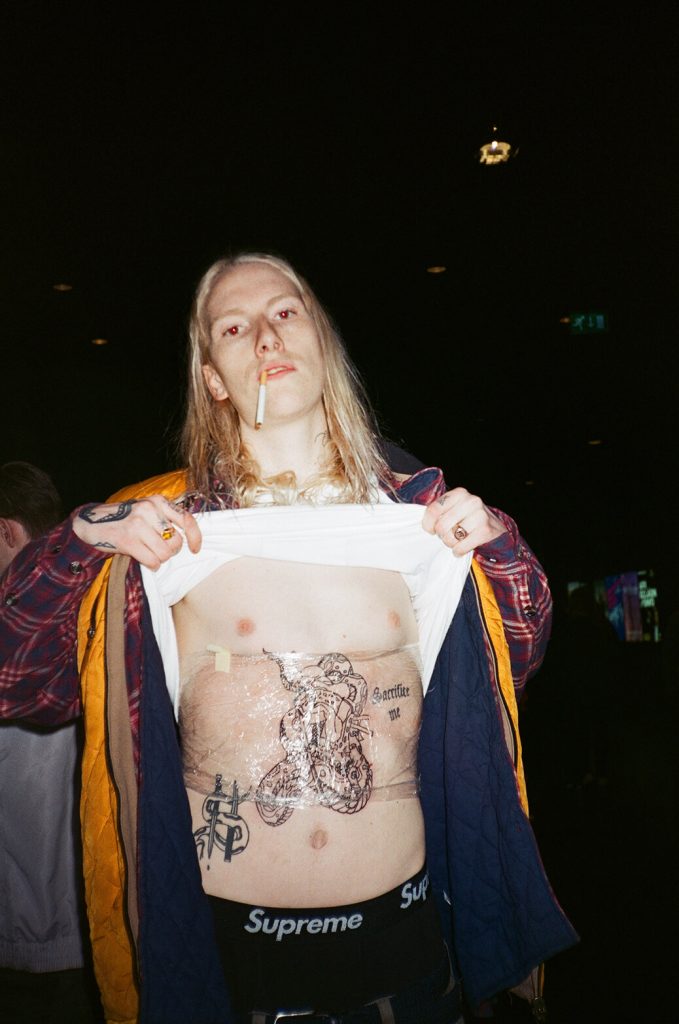
You always say that you feel “local” and you consider your “home” both Iceland and Japan. What do you need to get that feeling?
For me, feeling “local” in a place means that you have your spots, your friends, your habits. Feeling “home” is a step further. It means knowing that can leave the place and nothing will change when you are back —because you know you will be back.
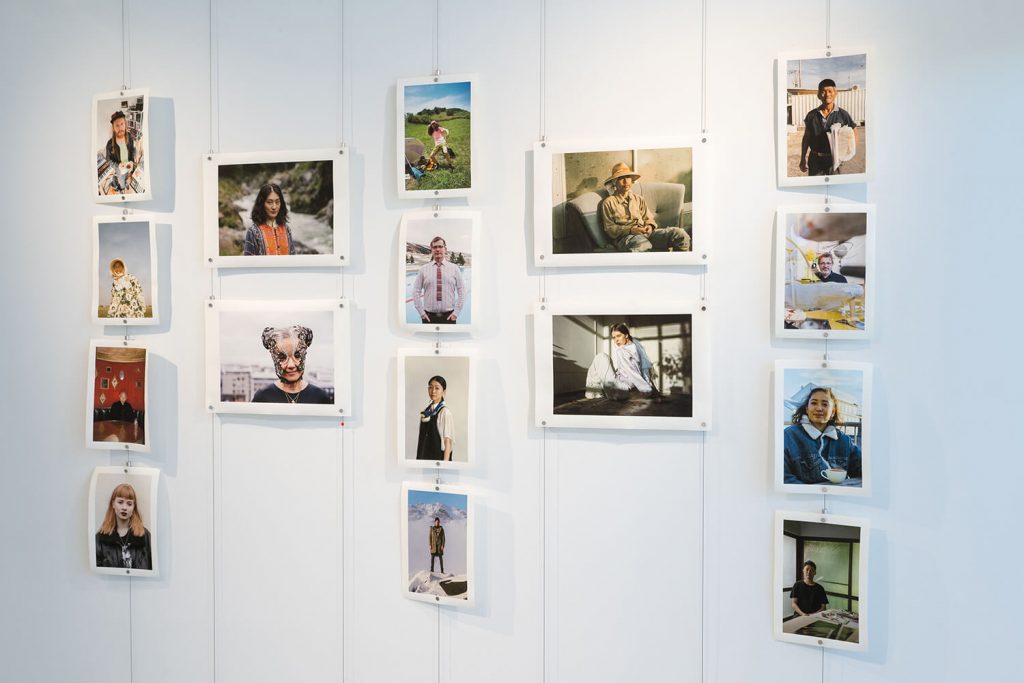
Do you feel that immersing yourself in other cultures, very different than yours, is part of what makes you an artist?
I still struggle to call myself an artist! I guess I like to document things, places, and people I see and share them with those who don’t have access to them.
Being in a different culture makes me more aware of what’s around me, I compare it with what I know. My attention (interest) can be drawn by the curiosity of understanding and getting to know more.
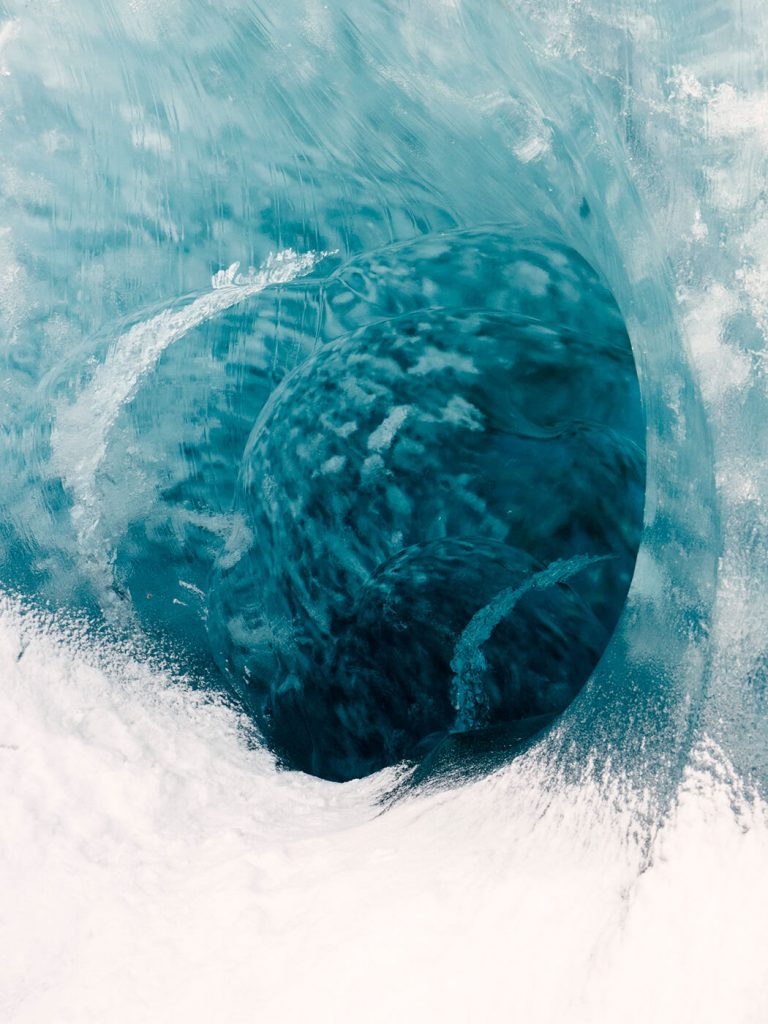
Tell me about the Heikō / Heild photo book.
When I first saw the book, I felt that the project was completed. Finally, I had an answer to what’s the connection between Japan and Iceland.
It was made in collaboration with the designer Grégory Ambos (@gregoryambos), whom I can’t thank enough for his creative inputs, ideas, and patience.
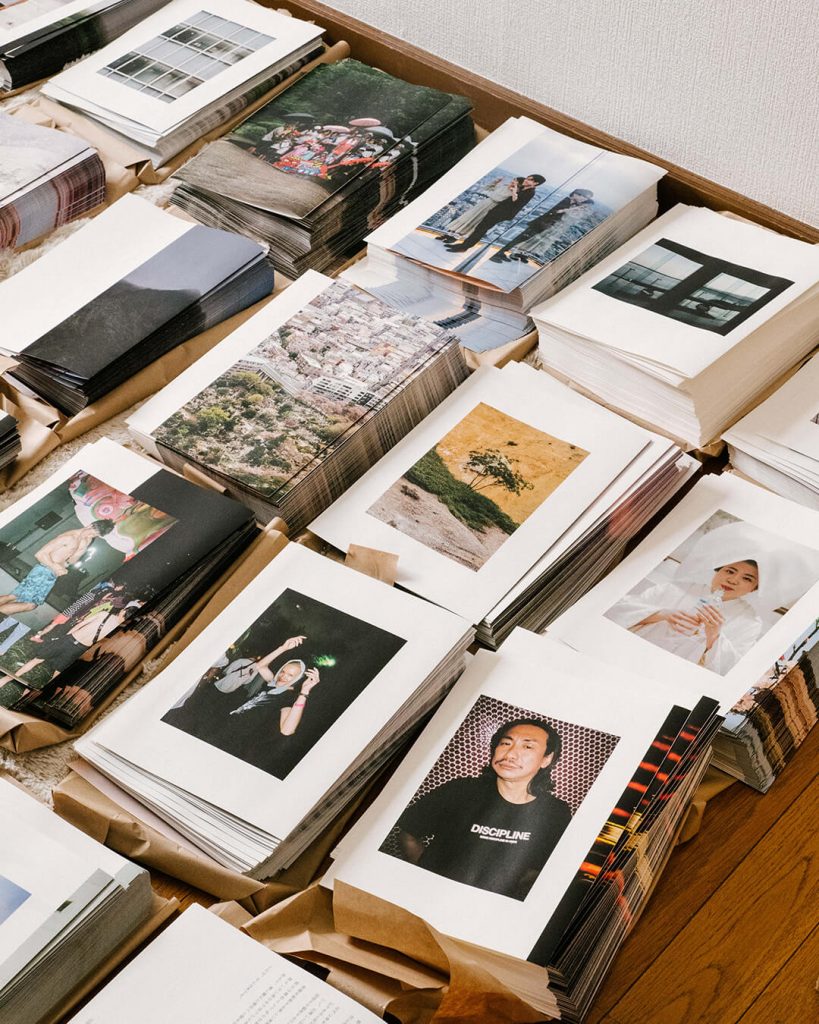
It’s an unusual book as it’s made from two books, Heikō book for Japan and Heild for Iceland. They are hand-mixed by me into one book. Each of them is unique, they have the same pictures but different combinations of pages. Even the covers are all different.
What do you have in mind for the future?
I would love to bring the exhibition to Iceland in the near future, but in the meantime, let’s see what naturally comes next.
Visit the Heikō / Heild exhibition at the Tiers Gallery in Omotesando until August 24th.
Buy the Heikō / Heild photobook and learn about other projects by Timo Lambrecq on his website.
Follow Timo Lambrecq (@moussti) on Instagram.
彡(-L-彡)




